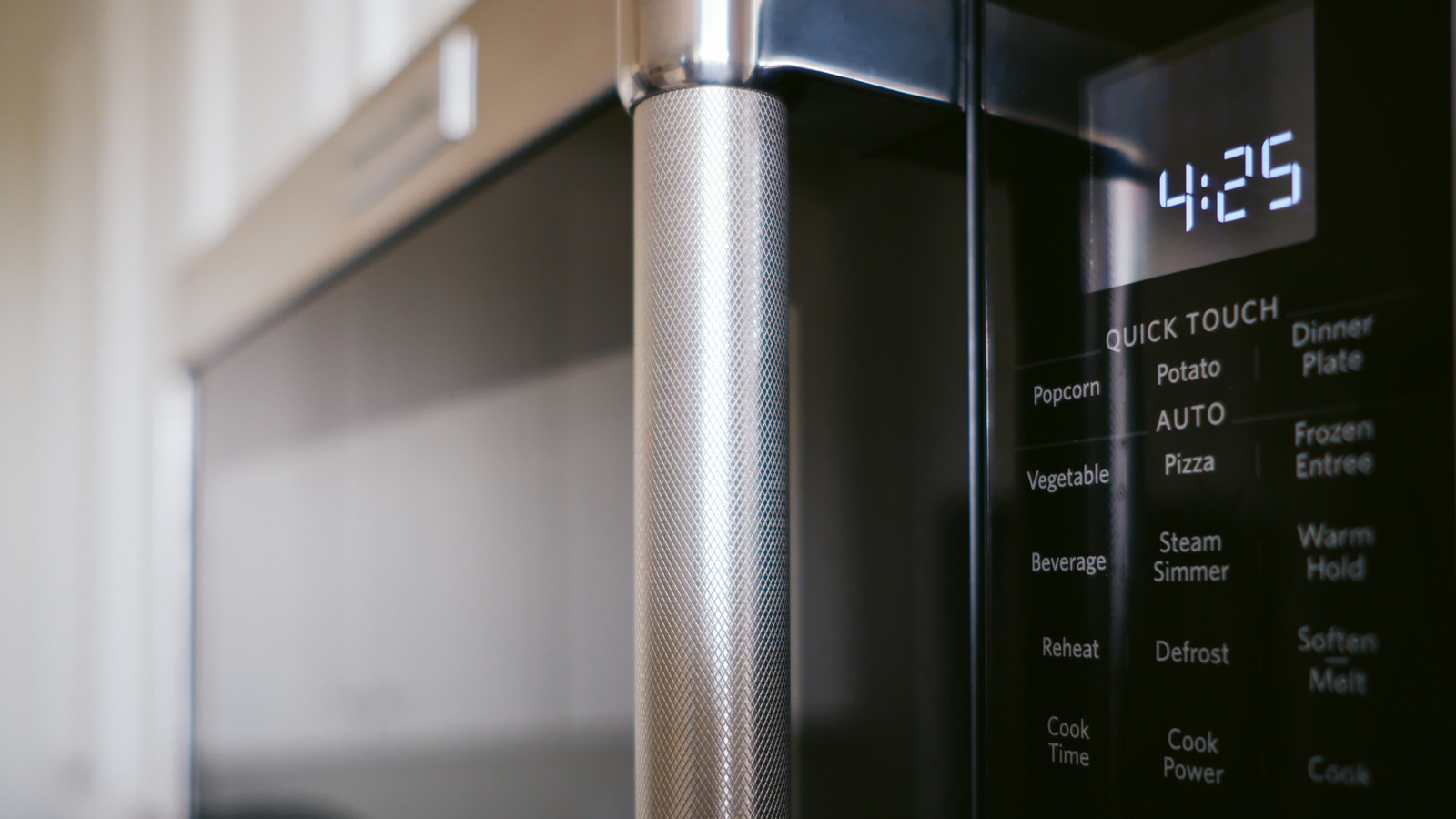
"One argument for unplugging is phantom or standby power. Not unlike why you should unplug your toaster, many devices sneak electricity even when they're off. Government energy experts note that this standby draw adds up across a home and suggest reducing it where practical by unplugging, using advanced power strips, or choosing efficient models. Microwaves are among the products that can draw power for displays and ready-to-start electronics."
"Consumer safety bodies and electricians' groups have long recommended unplugging small appliances when they're not in use, especially before cleaning, to prevent shocks, accidental activation, or issues with damaged switches. That guidance applies broadly to countertop gear with heating elements and moving parts; a microwave fits that description perfectly. Lastly, surge protection may be a reason to consider unplugging your microwave when not in use. During thunderstorms, direct or nearby lightning can send damaging spikes through household wiring."
Microwaves use standby power to run clocks, displays, and ready-to-start electronics, producing a small continuous electricity draw when idle. That standby draw accumulates across appliances in a household, and reducing it can lower energy use. Consumer safety bodies and electricians' groups recommend unplugging small appliances when not in use, especially before cleaning, to prevent shocks, accidental activation, or faults from damaged switches. During thunderstorms, lightning can send damaging spikes through wiring, and physical disconnection provides simple surge protection. Modern standards and efficient models have reduced standby use, so daily unplugging is often unnecessary; targeted unplugging or smart strips provides a practical compromise.
Read at Tasting Table
Unable to calculate read time
Collection
[
|
...
]